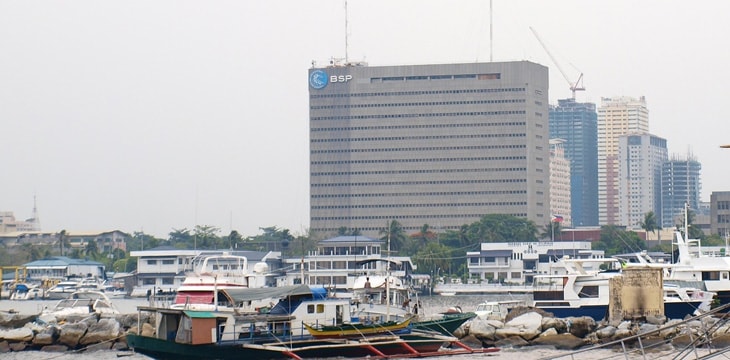|
Getting your Trinity Audio player ready...
|
The International Monetary Fund (IMF) has told the central bank of the Philippines to begin collecting data from crypto exchange users in the country, in order to better monitor cross-border flows of cryptocurrency.
The advice was made in recommendations published by the IMF in its Technical Assistance Report, released on December 30, 2019. The report was drawn up using data obtained by the IMF during its Monetary and Financial Statistics Mission back in July 2019.
Earlier in the year, the Bangko Sentral ng Pilipinas (BSP) hosted a lecture from the IMF on the importance of collecting data from crypto exchange users in conducting macroeconomic analysis of the flows of crypto assets to and from the country.
The report said the Philippines was set to become an increasingly important global market for cryptocurrencies over the coming years.
The Philippines may become an important market for crypto-assets, as the BSP recently authorized operations for three more virtual currency exchanges (VCE), bringing the total number of approved VCE to 10.
With the number of exchanges on the rise, the IMF said the bank should begin collecting data on users and their transactions from these exchanges directly, in order to better inform their analysis of the impacts on the wider financial system.
According to the IMF, the central bank should obtain quarterly submissions from exchanges on aggregate gross transactions, as well as information on the countries of origins for funds sent and received through the exchanges.
Additionally, the bank should look to segment its data based on whether the parties to the transactions were individuals, financial companies or non-financial companies.
The recommendations follow on from the bank’s licensing scheme for crypto exchanges operating in the Philippines, which requires registration designed to ensure compliance with Anti-Money Laundering, Counter Terrorism Financing and other risk management processes.
The bank’s governor said the BSP would continue to monitor crypto activity closely, saying “there cannot be a total disregard for a central bank or a third party that provides lender of last resort facility.”

 02-16-2026
02-16-2026 




